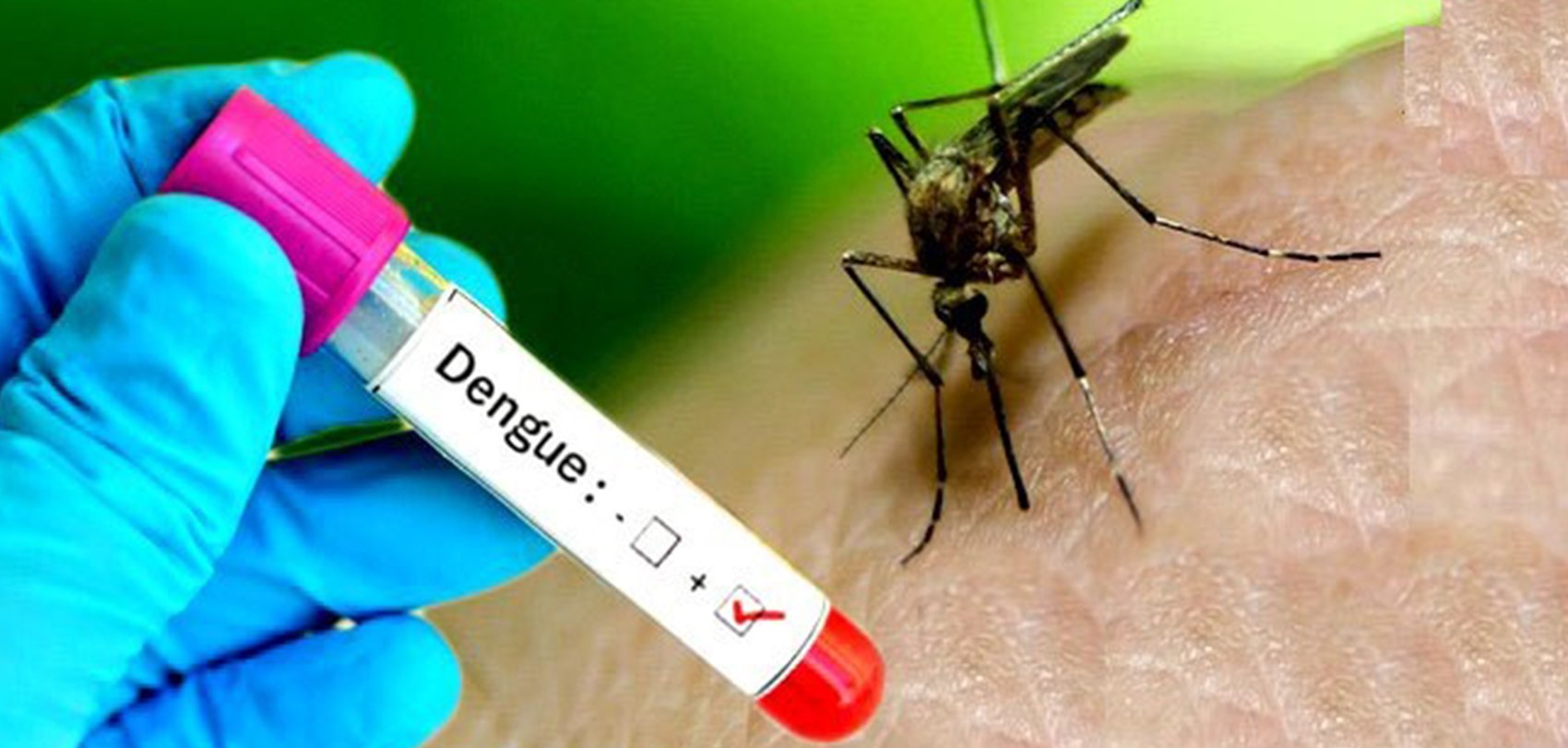Dengue infections decline with falling temperatures

Kathmandu, November 10 — With the declining temperatures, the incidence of dengue infections is also on the decline. Dr. Gokarna Dahal, Chief of the Vector-borne Disease Control Branch under the Epidemiology and Disease Control Division (EDCD), shared that the trend of dengue infections is decreasing based on current statistics.
He explained, “Dengue control activities, such as the search-and-destroy campaign, have been launched at the municipal level. The drop in temperature is also a contributing factor. Naturally, in colder weather, mosquitoes lay fewer eggs."
The Ministry of Health and Population had recently launched a nationwide search-and-destroy campaign to eliminate mosquito breeding grounds in an effort to control dengue. Every Friday at 10:10 AM, the Ministry, along with government officials, security forces, social activists, and the public, has been urged to participate in this initiative. This campaign is being conducted by both government and non-government organizations, as well as at the community level.
Dr. Dahal noted that the infection rate is lower compared to previous years. He added, “Such campaigns have certainly helped reduce the infection rate. Dengue is considered a global threat, and looking at the experiences of other countries, the rate of infection and hospital admissions is increasing. Although we still have more work to do, thanks to our efforts, we have managed to reduce the infections.”
According to the data provided by the EDCD, as of November 8, the highest number of dengue cases is in Kaski, with 7,286 confirmed infections. Kathmandu has reported 4,803 cases, Tanahun 2,373, Parbat 1,749, Lalitpur 1,241, Baglung 1,200, Chitwan 1,175, and Bhaktapur 1,034 cases.
The number of deaths from dengue stands at 12, and the disease has spread to 76 districts. The period from June to August is generally considered the time when dengue can become an epidemic.
Comparing the data from November 5, the country saw 1,249 new cases of dengue in just four days, which is a decrease compared to the previous week’s figures.
Dr. Dahal further stated, “In the past four weeks, the number of dengue infections has decreased from 1,500 to below 1,000. The trend has been gradually declining for the past month.” By mid-January, over 52,000 dengue cases had been confirmed nationwide, with 20 deaths reported.
Dengue is a vector-borne disease transmitted by the bite of the Aedes aegypti mosquito. To prevent dengue, people are advised to wear clothes that cover the entire body, fill in any pits or holes, repair leaking water pipes or drains, avoid leaving empty containers exposed to rainwater, and ensure that water tanks are cleaned regularly. Using mosquito nets while sleeping can also provide protection against dengue.


Leave Comment